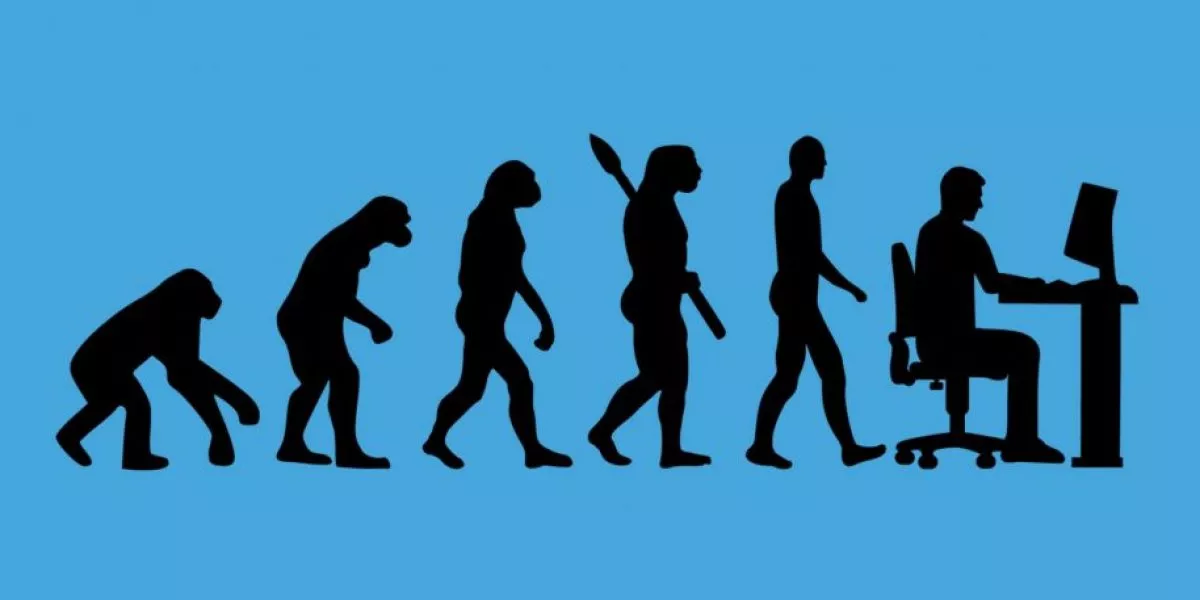It’s no surprise to say that for most of their 30-year existence, IT departments have not been held in high regard.
Organizations grow over time based on perceived need. Every startup or small business I’ve ever known added a bookkeeper of some kind in short order, then grew over time to require more than accounting. Eventually, a CFO was added for strategic finance requirements.
IT is kinda the same way. Once firms realized that staff required machines for email, spreadsheets, etc. the next step is systems to safeguard that data. Hence the first SysAdmin drug himself out of the primordial ooze to care for the File Server, which begat the Domain Controller, SQL Server, and so on. He (they were always male in those days) may have been the original tech dude, promoted up as he explored new specialties and developed more tech chops.
But did he develop business acumen? Awareness of organizational behavior or politics? The ability to successfully recruit staff to build a department and thus grow the organization?
Not all IT folk took management, leadership, and entrepreneurship classes in school. This lack of business savvy and professionalism has hurt our industry over the years and blunted our chances of being taken seriously by our peers, be they departmental or C-suite.
When I was in college I saw the beginnings of such specialization with my fellow business school grads. There was a clear line between those Accounting folks who were bookkeepers and those who had a more managerial bent. The latter went to work for Ernst & Young, Price Waterhouse Coopers, or Deloitte.
Last December I talked with a couple of former employees from my very first IT Director position and I thanked them for their patience as I learned the ropes of the job. My second gig got the better version: when I was required to build a new standalone department from scratch, I hired great people who grew and advanced in their skills. Two of those hires successfully became CIOs at the same place after I left, and another is now an IT Director at a different campus in the same system.
As organizations have matured since the Internet and personal computing changed everything, we are now getting IT leaders who have deep knowledge of how to guide tech into being the backbone of the organization. If anyone read my earlier post about The CIO Edge, many of these new CIO types in large multinationals are even (gasp!) not trained in IT. This is fine — one can become conversant in the underlying principles, and in spite of what HR says, the important thing in IT leadership is not one’s certifications.
As the Great Wu said in Joe vs. The Volcano, “We are children of children, and we live as we are shown.” I think many business owners and leaders continue to think of IT as a caretaker or firefighter department, analogous to the physical plant. They do not realize, because of their experience with earlier IT “leaders,” that technology is the engine of business transformation. Our ability as IT leaders is built upon our ability to engage with our executive peers, know their needs and wants, and how tech can provide products and services that serve them and generate growth.
This was my epiphany a few years back. If information is the fuel of the organization, we can’t just take care of boxes and wires — we have to be able to build teams capable of refining it to make it useful. We do that by embracing all the discrete data sources and putting them to work: so people can get the answers that previously were impossible. Armed with these new tools, organizations can begin to put aside the old untested assumptions of their business: “We’ve never done it that way,” or “That will never work.”
If we’ve learned anything over the past two years, it’s that our assumptions of what’s possible were perhaps our biggest blindspots. IT moved mountains to dispel those myths, and can do so again. Only if they are given the chance to demonstrate their professional commitment, and transform the organization by showing that they are a peer that cares about the whole, not just the pieces.
